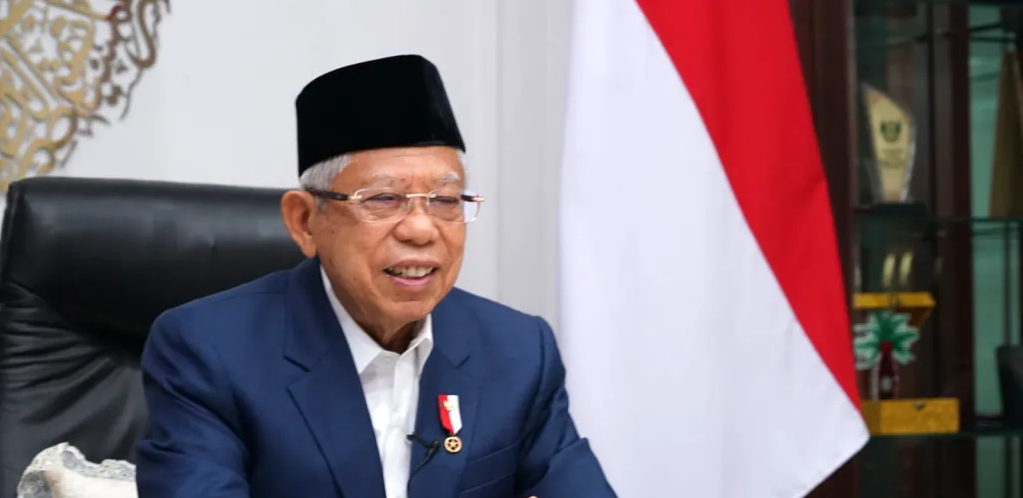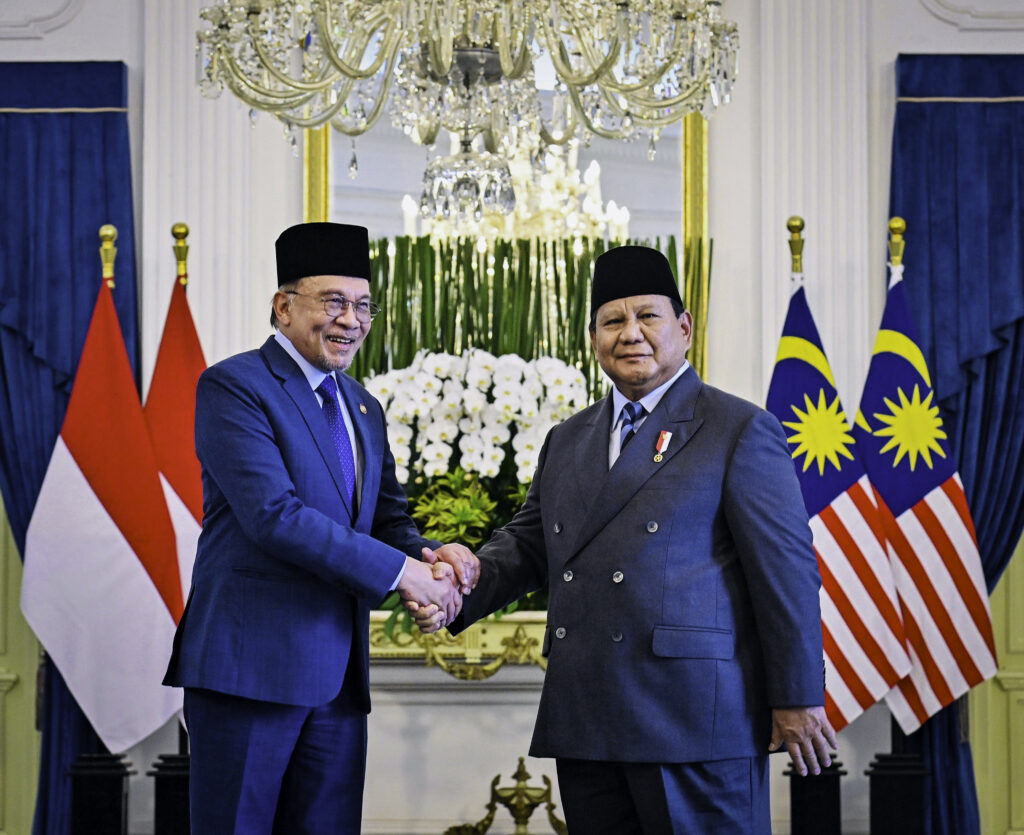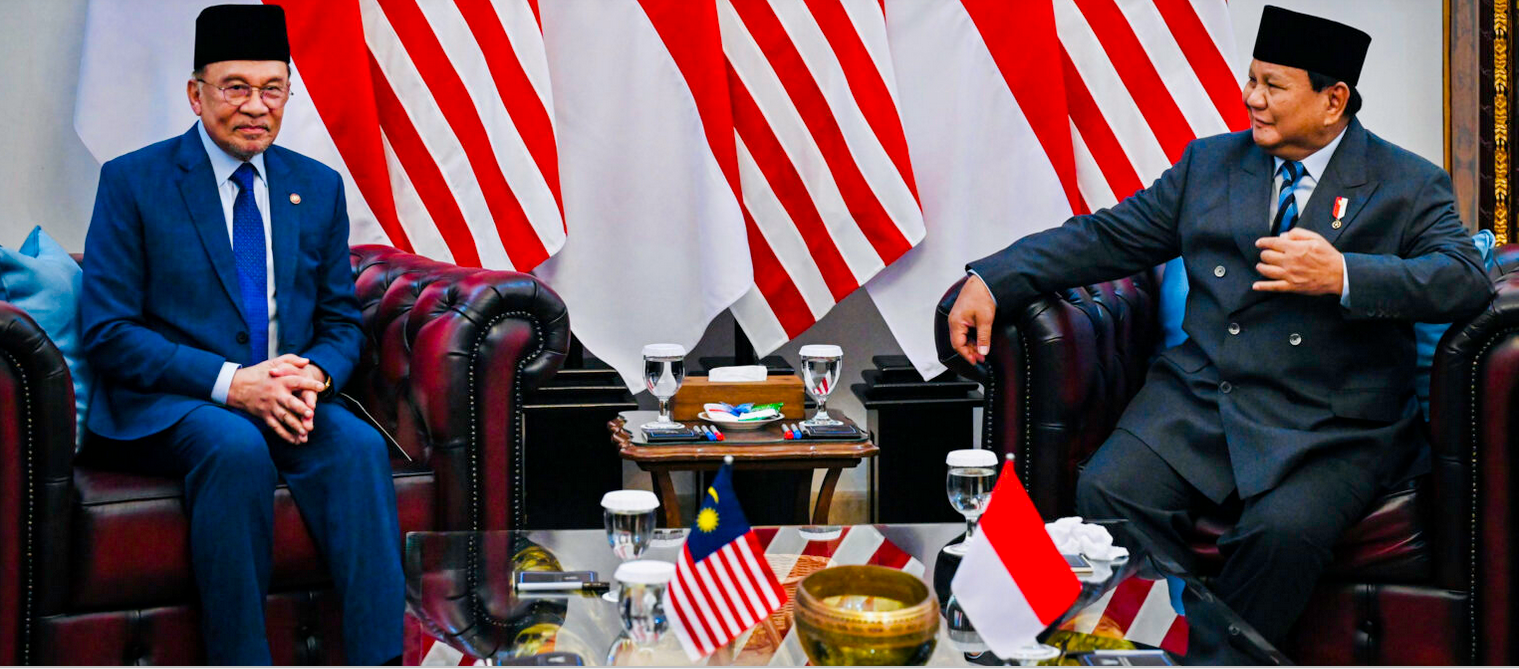VP Ma’ruf Amin Calls on Educational, Research Institutions to be Economic Anchor

Vice President Ma’ruf Amin (BPMI of Vice-Presidential Secretariat)
South Korea and Finland are two examples of countries with outstanding economic achievements because they have succeeded in combining knowledge-based economy with a solid institution. One of the main characteristics of these two countries is to make educational and research institutions as economic anchor.
Thus, Vice President Ma’ruf Amin expressed his hope that Indonesia can also make educational and research institutions as economic anchor in order to lead and boost economic development.
“At the moment, this is Indonesia’s homework in economic transformation,” Vice President Ma’ruf Amin said when delivering his speech virtually at the 2022 Indonesia Economic Outlook National Seminar in Jakarta, Monday (02/07).
In a bid to support the transformation, it is required to increase the Gross Expenditure on Research and Development (GERD) which percentage is still low.
For the record, based on the report from the UNESCO Institute for Statistics, Indonesia’s GERD was only 0.23 percent in 2018.
Investment intensity on research and development in Indonesia in 2018 was left far behind other developed countries including South Korea (4.81 percent), Japan (3.26 percent), and the US (2.84 percent), Vice President Ma’ruf Amin added.
Moreover, in 2018 the number of full-time researchers in Indonesia only reached 216 researchers per one million people, while China’s researchers reached 1,307 researchers, Russia’s researchers reached 2,784 researchers, Japan’s researchers reached 5,331 researchers, and South Korea’s researchers reached 7,980 researchers per one million people.
Likewise, the number of scientists and engineers graduated from higher education in science, technology, engineering, mathematics (STEM) in Indonesia is relatively low.
Based on the report from the World Bank on Education Statistics in 2016-2018, the percentage of STEM graduates in Indonesia in 2016 only reached 18.62 percent, in 2017 reached 18.55 percent, and in 2018 reached 19.42 percent. Compared to India in 2018, its STEM graduates reached 32.65 percent while STEM graduates in Russia reached 31.06 percent.
In consequence, the number of patents in Indonesia is also low.
Based on the report from the World Intellectual Property Organization, the number of patents in Indonesia only reached 1,309 patents in 2020 while in Brazil the number of patents reached 5,280 patents, in India reached 23,141 patents, the US reached 269,586 patents, even China managed to reach 1,344,817 patent applications.
Due to these factors, innovation has not been a daily practice in any sector of life, especially in Indonesia’s economic sector.
The Vice President expressed his concern for Indonesia’s global innovation index which rank is below other Southeast Asian countries, such as Singapore, Malaysia, Thailand, Vietnam, the Philippines, and Brunei Darussalam. (BPMI of Vice-Presidential Secretariat/UN) (AP/MMB)








